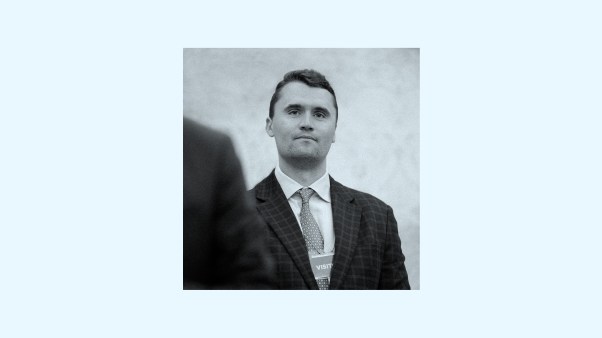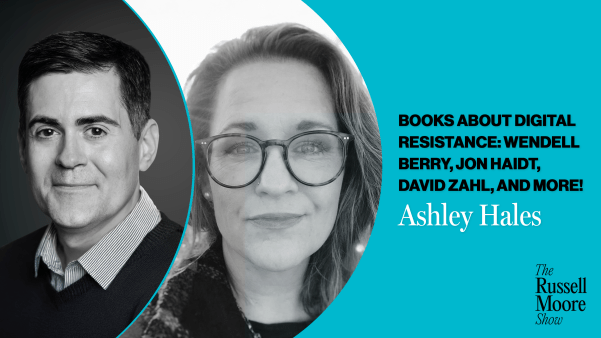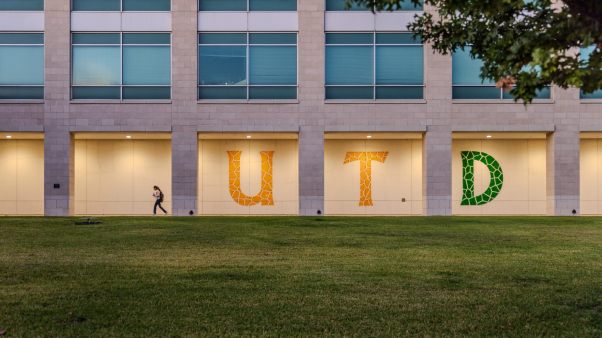In the early 1960s, Fred Danback came home from the Korean War to work at Anaconda Wire and Cable, a copper wire factory on the Hudson River, north of Manhattan. It was a booming enterprise. But he became troubled by what he saw.
In a PBS interview with Bill Moyers, Danback said, “[Anaconda] and other businesses were hurting a second business, the shad fishermen. I didn’t think they had the right to do that. I became obsessed with fighting pollution.”
But each time Danback complained, it seemed, he got demoted. He ended up as a custodian. But Danback never gave up. He literally pushed his broom into every room. He also took copious notes and made maps of the company. What was intended as punishment ended up as the best possible opportunity. He had all the keys!
Danback and a few other pioneers of the environmental movement decided to sue Anaconda under an archaic law called the Refuse Act of 1899. In 1972, when the US Attorney’s Office found a way to prosecute Anaconda, they used Danback’s maps and notes as evidence.
I draw three lessons for culture care from this story. First, it requires sacrifice. In the current art world in which ego, selfishness, and self-destructiveness abound, we will stand out, eventually, if we have an ounce of human decency and generosity. What if we [were] willing to serve someone rather than do art for self-expression? What if we collaborated in humility and gave ourselves in service, not expecting the world, or our audience, to agree with us or applaud us?
Second, culture care requires remembering our first love. As Danback said, “I love that river. It’s a beautiful river. . . . It belongs to everybody. Who’s got a right to mess it up?” Do we keep our first love—the reason we became artists in the first place—in focus, or have we become distracted by the need for survival? If we forget it, we will end up being swallowed in the polluted river and losing our vision for making art—and possibly for living.
Third, like Danback, we need to take copious notes. We can use our keys of humility, integrity, determination, and hope to unlock the workrooms of cultural production. We can take notes to show people the flawed practices that flow out as cultural pollutants, so these can be identified and addressed.
The activities of the arts are acts of stewardship. Many recent expressions of the arts have twisted the good, the true, and the beautiful in the same way that we have polluted our rivers. The arts are always upstream of culture, and artists are the creators of culture. The question is, how do we enact change?
Taken from Culture Care by Makoto Fujimura. Copyright © 2017 by Makoto Fujimura. Used by permission of InterVarsity Press, P.O. Box 1400, Downers Grove, IL 60515.











